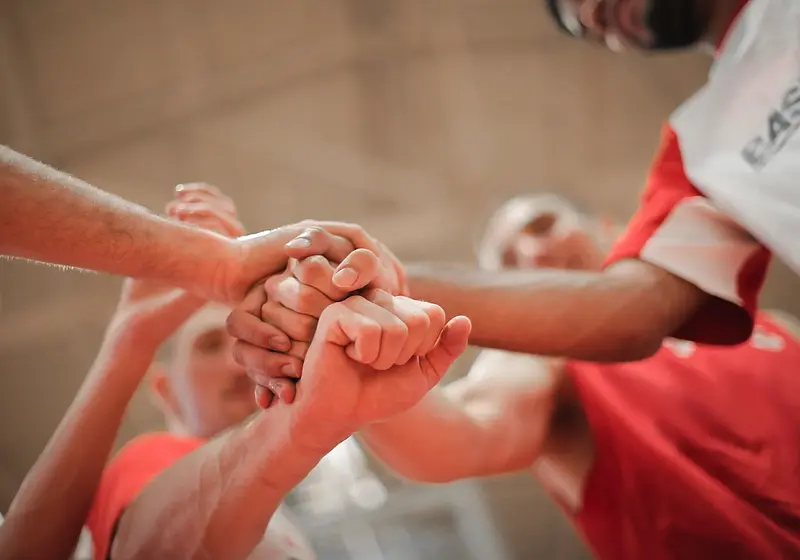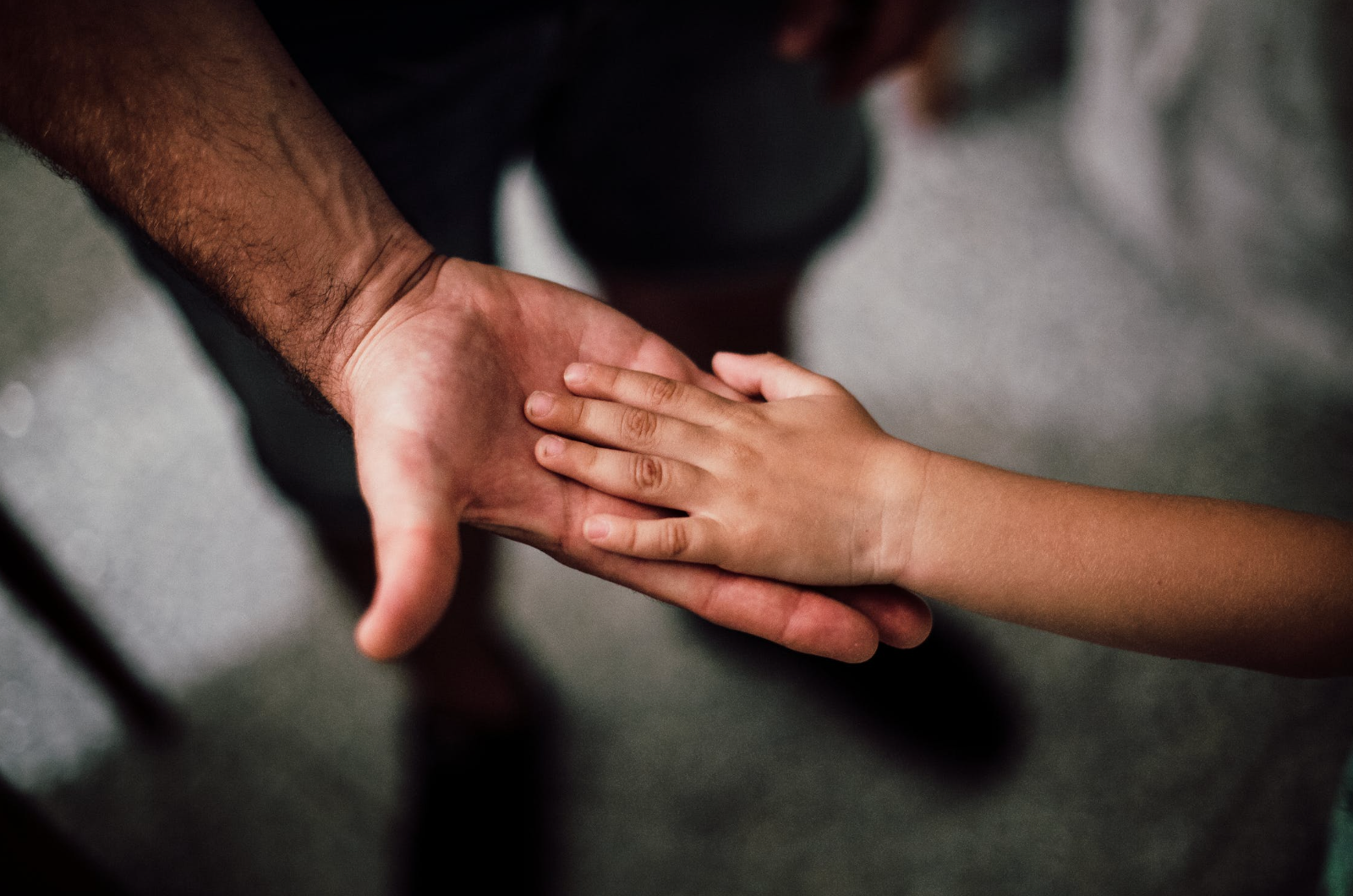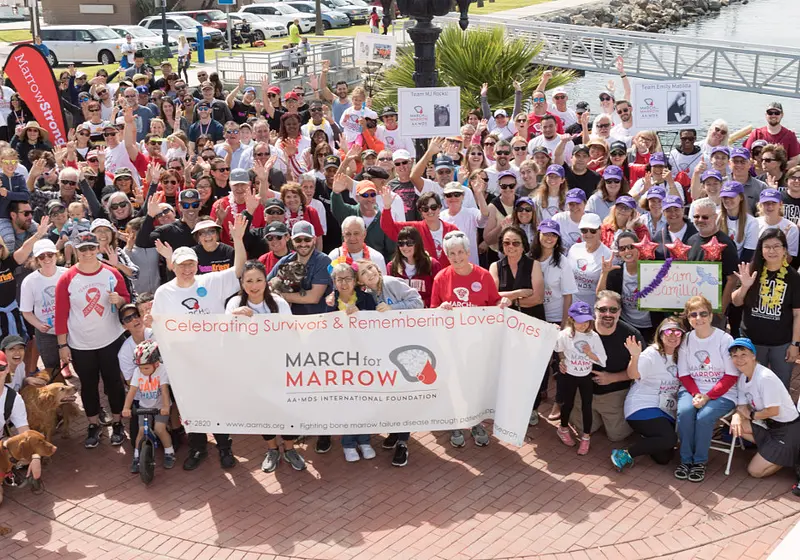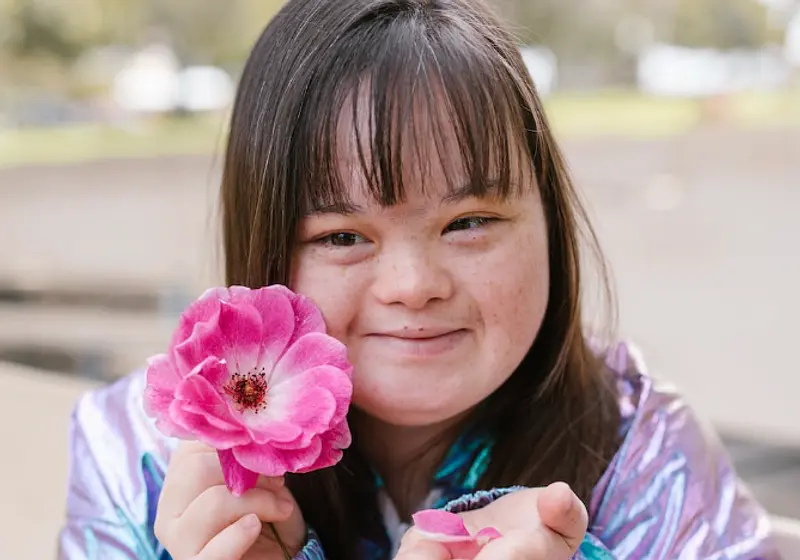You may or may not have heard about Eosinophilic Disorders- but did you know of how the American Partnership for Eosinophilic Disorders is propelling change?
The Teen Magazine had the chance to interview this organization on their mission, their story, and how they're creating a positive ripple into the world regarding this medical condition.
Participants: Mary Jo Strobel, Executive Director, American Partnership for Eosinophilic Disorders (APFED), and Ryan Piansky, a 20-year-old college student at the Georgia Institute of Technology. Ryan was diagnosed with an eosinophilic disorder and volunteers for APFED, having benefited from the programs and services the organization offers.
Let us slide into your dms 🥰
Get notified of top trending articles like this one every week! (we won't spam you)Image Credit: Juan Pablo Serrano Arenas from Pexels

Take the Quiz: What is your IQ level?
Find out how smart you are by taking this quiz!
How It Came To Be & The Mission
How did the American Partnership for Eosinophilic Disorders begin, and what is its mission?
APFED was started in 2001 by a group of parents whose children were diagnosed with these conditions. These families all experienced a long journey to diagnosis that involved years of medical appointments and tests to find the cause of chronic and mysterious symptoms.
While these families were relieved to finally have a diagnosis, they quickly learned that not much information about these conditions was available at that time. They set out to establish an organization that would create and share science-based, medically accurate information, to advocate for the needs of patients and families, and to support research efforts.
What Exactly Are Eosinophilic Disorders?
Eosinophils are a type of white blood cell. Typically, eosinophils make up less than 5% of circulating white blood cells in healthy individuals and can vary over time.
Many different problems can cause high numbers of eosinophils in the blood including allergies (food and environmental), certain infections (caused by parasites), eosinophil- associated gastrointestinal disorders, leukemia, and other problems. When a person has elevated numbers of eosinophils in their digestive system, tissues, organs, and/or bloodstream, without a known cause, he or she may have an eosinophil-associated disease.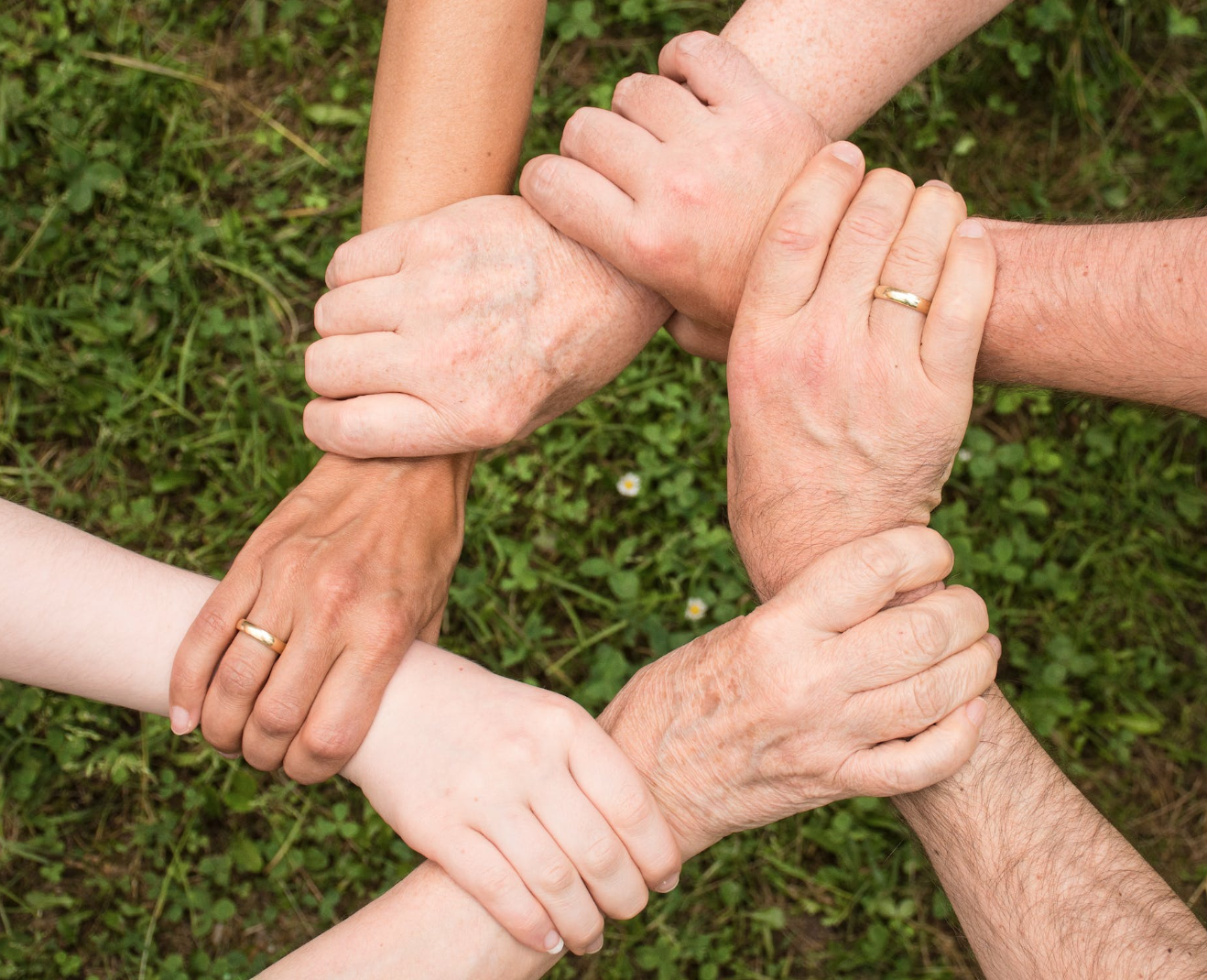
Image Credit: Pixabay from Pexels
Finding a Treatment
How does the organization help find a treatment for the disorders?
APFED offers grants to researchers who are studying these diseases. To date, we’ve awarded more than $2 million in research grants.
We also share patient perspectives with research teams so that they better understand the types of treatments that would be most helpful, and we share information with patients about research being conducted and clinical trials that are enrolling.
Connection to Research
So- how exactly does the American Partnership for Eosinophilic Disorders partner to help people, whether that be indirectly or directly, and how does that link to research?
“APFED recognizes that with education and awareness, accuracy of diagnosis improves, suffering decreases, a supportive community develops, and research funding grows,” Mary Jo shares. “To accomplish this, we serve as a credible source of information for clinicians and patients, we conduct outreach so that patients feel connected, and we bring patients and physicians together so that both sides have a better understanding of one another.”
Ryan adds, “I personally have found the annual conference that APFED hosts to be invaluable for meeting other people my age who are familiar with eosinophil-associated diseases. The event provides a space for families and kids to meet others and share some advice and also gives me the opportunity to talk directly with doctors and researchers so that I get more insight as to the research being done.
Support Groups
The American Partnership for Eosinophilic Disorders also has an online support community available; how does that system operate?
Our online support community on the Inspire network, “EOS Connections“, gives patients, caregivers, and family members a chance to connect with others to share information. Because there are many different subsets of eosinophil- associated diseases, we have topic-specific message boards to help patients and families find the personalized support they need.
There are some volunteer-led independent support groups around the U.S. that meet in-person (in non-COVID times). APFED is not affiliated with these groups; however, we maintain a list of these groups on apfed.org so that patients are able to find local peer support.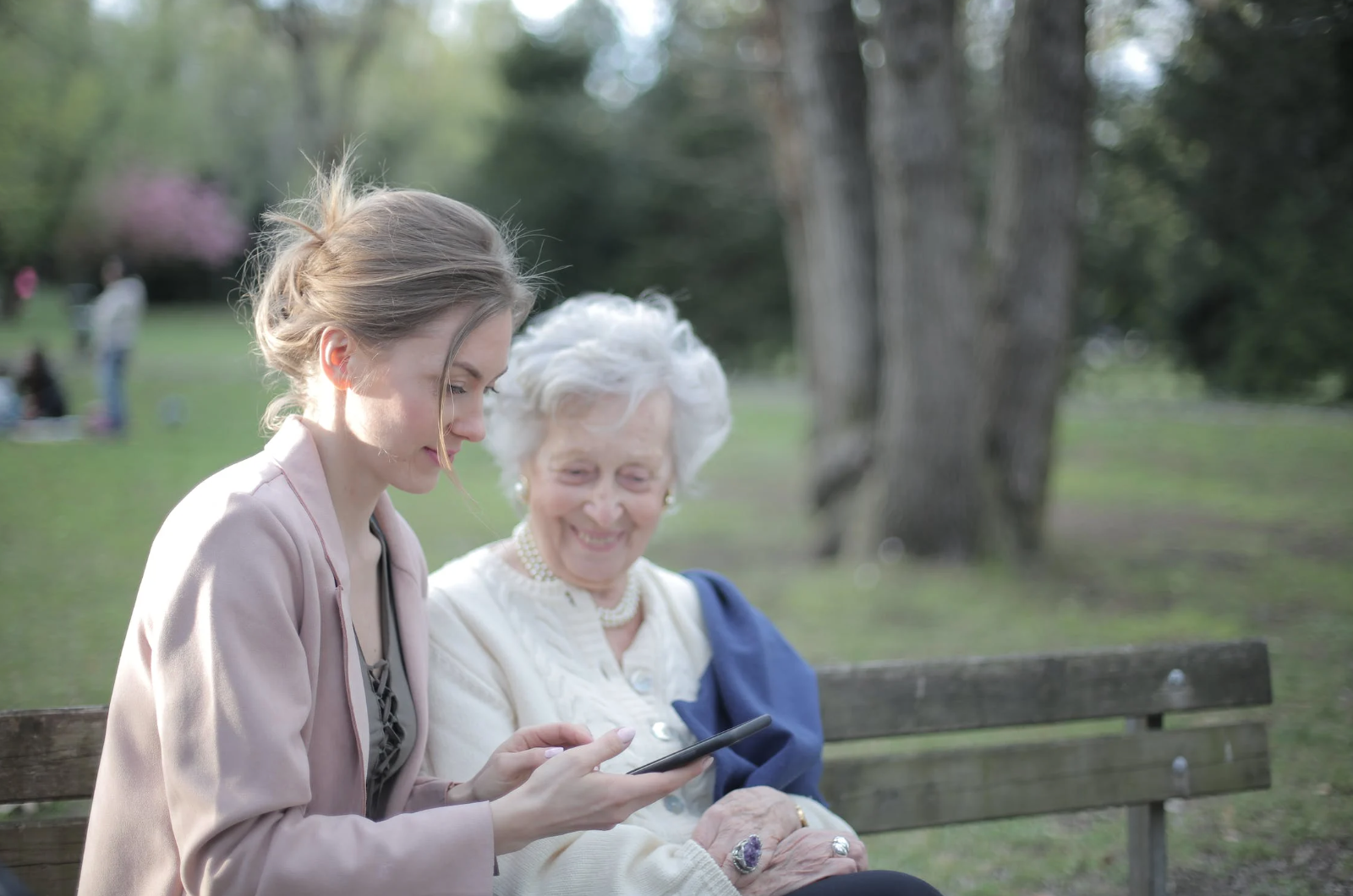
Image Credit: Andrea Piacquadio from Pexels
The Biggest Accomplishment
What is the American Partnership for Eosinophilic Disorders’s biggest accomplishment in regard to its mission as of now?
APFED will be celebrating its 20th anniversary in 2021, and over the course of those 20 years, there have been a number of really big achievements, so it’s hard to choose just one!
Two examples of achievements we’ll highlight are the establishment of a National Eosinophil Awareness Week (celebrated each year during the third week of May) which is officially recognized by the U.S. Congress, and the establishment of medical codes for subsets of eosinophil-associated disease.
These codes are necessary for billing, insurance, medical records, and national statistics. They also enable researchers to better track these diseases and gauge prevalence and associated health care costs.
APFED has also been involved with important research publications, and we educate lawmakers in D.C. about these diseases and encourage them to support research and legislation that helps patients better access therapies.
Building Public Awareness
How is the American Partnership for Eosinophilic Disorders building public awareness?
APFED builds public awareness in a variety of ways, including awareness campaigns and shareable content for social media, participation in health fairs and medical conferences, media interviews and press releases, and through patient-friendly resources that clinicians share with their patients.
We also host a number of virtual and community events, when it’s safe to do so.
Image Credit: SHVETS production from Pexels
Proud To Be With APFED
What makes you the most proud to be involved with this organization?
Mary Jo shares, “APFED is able to accomplish so much despite limited resources thanks to the many dedicated community members and creative volunteers who all work toward the same goal -- to find a cure for these conditions! The organization is committed to accuracy, transparency, and to carefully ensuring every penny is spent wisely.”
“Through APFED, I’ve been able to meet other people who live with eosinophilic disorders,” Ryan adds. “These conditions are considered rare, so growing up it’s been comforting to know I’m not alone. I’m proud to be involved with an organization that has built a community for families to come together to support one another and let new patients know they’re not alone.
Upcoming Events
Are there any upcoming events that you could tell us about?
Each year we have events that take place around the U.S., including an annual patient education conference that brings families and health care professionals and researchers together to learn and share.
However, in times of COVID, we’ve been hosting our events (including our conference!) online. To learn more, please visit apfed.org.
Image Credit: Askar Abayev from Pexels
How You Can Get Involved
As a primarily young adult and Gen Z magazine, is there a way teenagers can get involved with the American Partnership for Eosinophilic Disorders?
From Ryan: Absolutely! We have a lot of young adults and kids in our organization who have formed an incredibly helpful community. One way your readers can get involved is by following APFED and engaging with us on social media (@apfedorg on Twitter, Instagram and on Facebook) and sharing out our content to help us spread awareness about these conditions. Those platforms are also used to announce new resources, events, and other opportunities to get involved.
Keep Up!
Find APFED's Instagram here @apfedorg, and tweet your support to @apfedorg! Additionally, subscribe to their YouTube channel here- filled with many resources and answers to questions.
Big thank you to APFED for the interview, and to Ms. Mary Jo Strobel and Ryan Piansky for their valuable insight!




